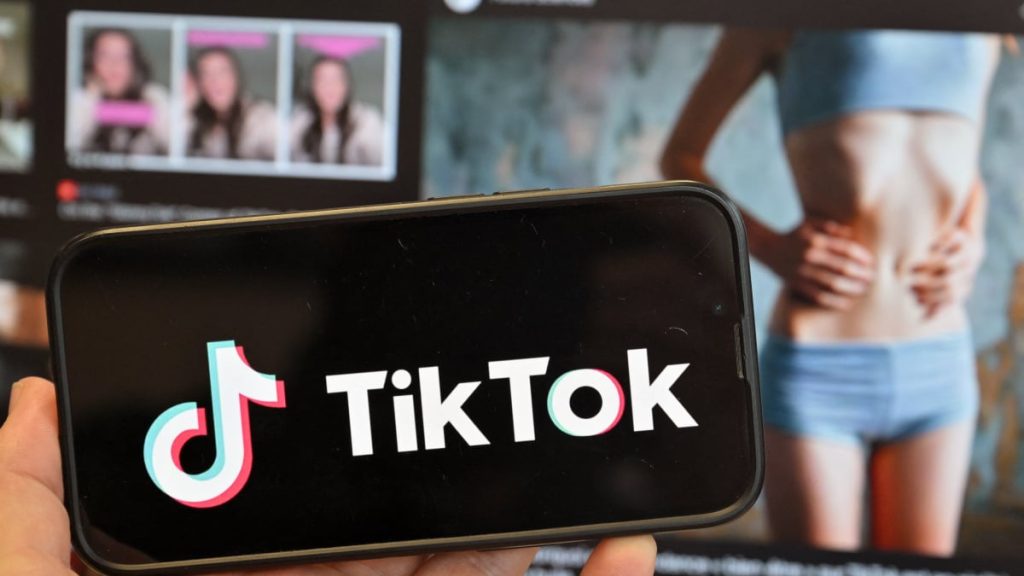TikTok Takes a Stand Against Unhealthy Beauty Standards with #SkinnyTok Ban
In a significant move to address the growing concern over eating disorders and body image issues, TikTok has banned the #SkinnyTok trend and hashtag from its platform worldwide. The decision comes after pressure from European lawmakers and mounting evidence that the hashtag was promoting unhealthy weight loss content and glorifying eating disorders. This ban is a crucial step towards creating a safer and more positive online environment, particularly for young women who are disproportionately affected by these issues.
The #SkinnyTok trend, which encouraged users to share extreme diets and weight-loss tips, has been widely criticized for perpetuating unrealistic beauty standards and contributing to the normalization of disordered eating. Despite the ban, concerns remain that similar content may still be accessible under different names or on other platforms, such as FitTok, TikTok’s community for fitness content. As TikTok spokesperson Paolo Ganino noted, the ban is part of a "regular review… to address evolving risks" on the platform.
When users attempt to search for the banned hashtag, they are now met with a page that reads "You’re not alone," providing resources and support for those struggling with body image issues or eating disorders. This move has been welcomed by activists and experts, who argue that the answer to fatphobia lies not in promoting thinness, but in challenging and changing societal attitudes towards body shape and size. As France’s Digital Minister Clara Chappaz stated, this ban is a "collective victory" in the fight against online content that perpetuates harm.
The impact of social media on body image and eating disorders cannot be overstated. A report by the Dove Self-Esteem Project found that nine out of 10 girls follow social media accounts that make them feel less beautiful, while nearly 30 million Americans suffer from an eating disorder at some point in their life. The National Association of Anorexia Nervosa and Associated Disorders reports that more than one person dies as a direct result of an eating disorder every hour.
As the conversation around body positivity and fatphobia continues to evolve, it is essential that social media platforms take responsibility for promoting healthy and inclusive content. TikTok’s ban on #SkinnyTok is a step in the right direction, but it is crucial that we continue to address the root causes of these issues and work towards creating a more compassionate and supportive online environment. If you or someone you know is struggling with body image issues or eating disorders, there are resources available, including the National Eating Disorder Association and the Crisis Text Line. Remember, you are not alone, and help is available.
